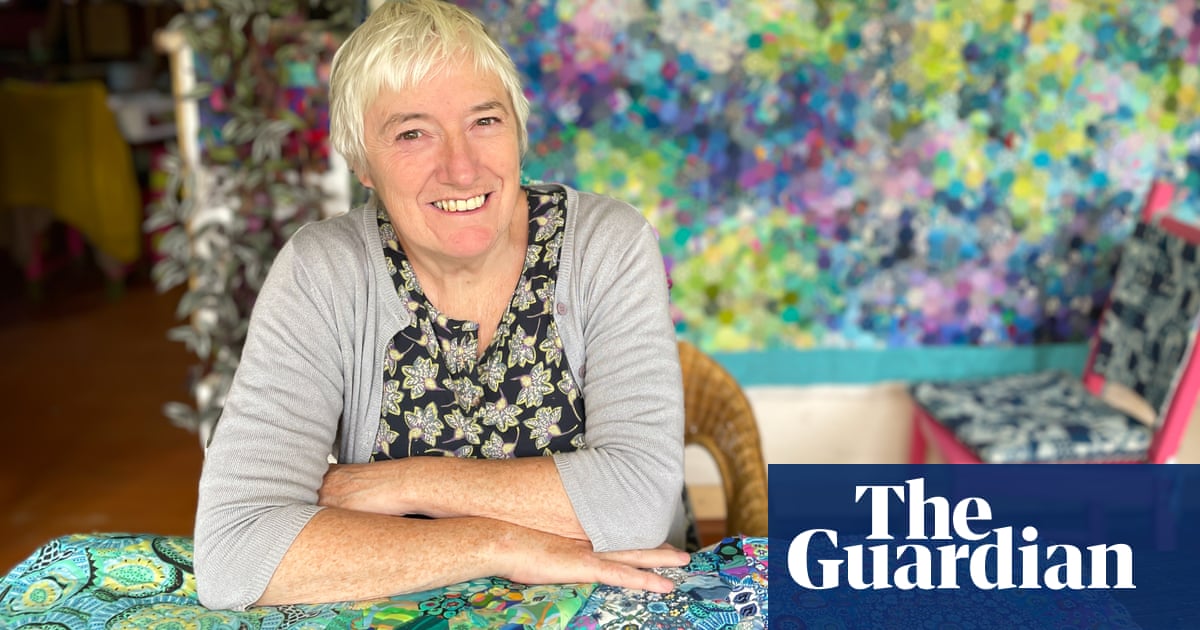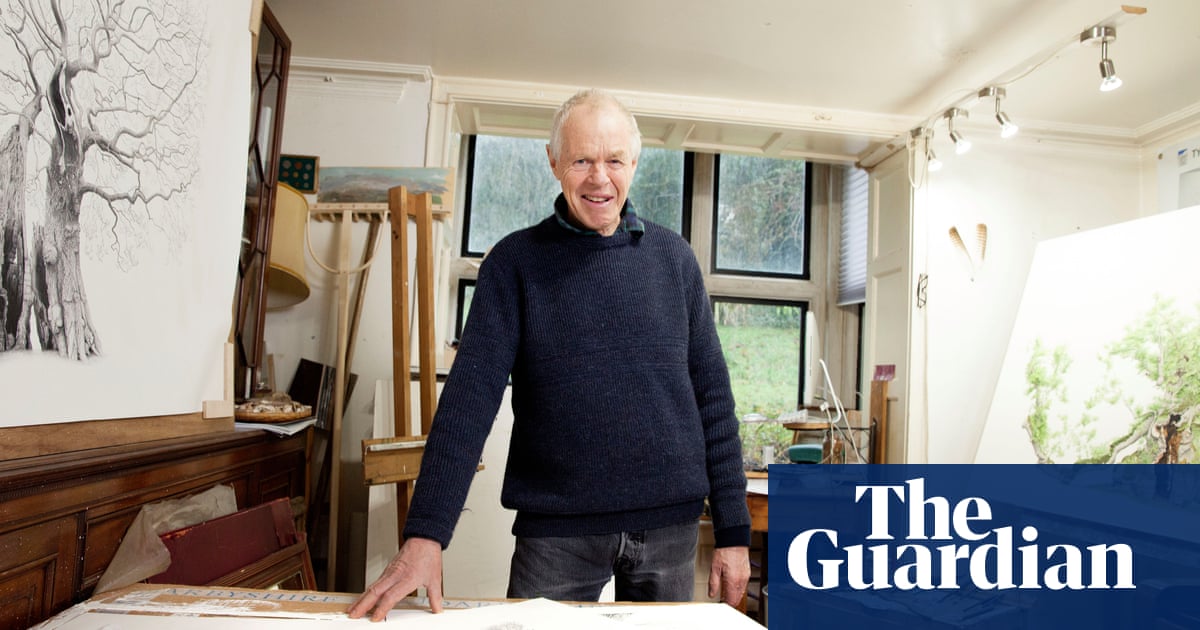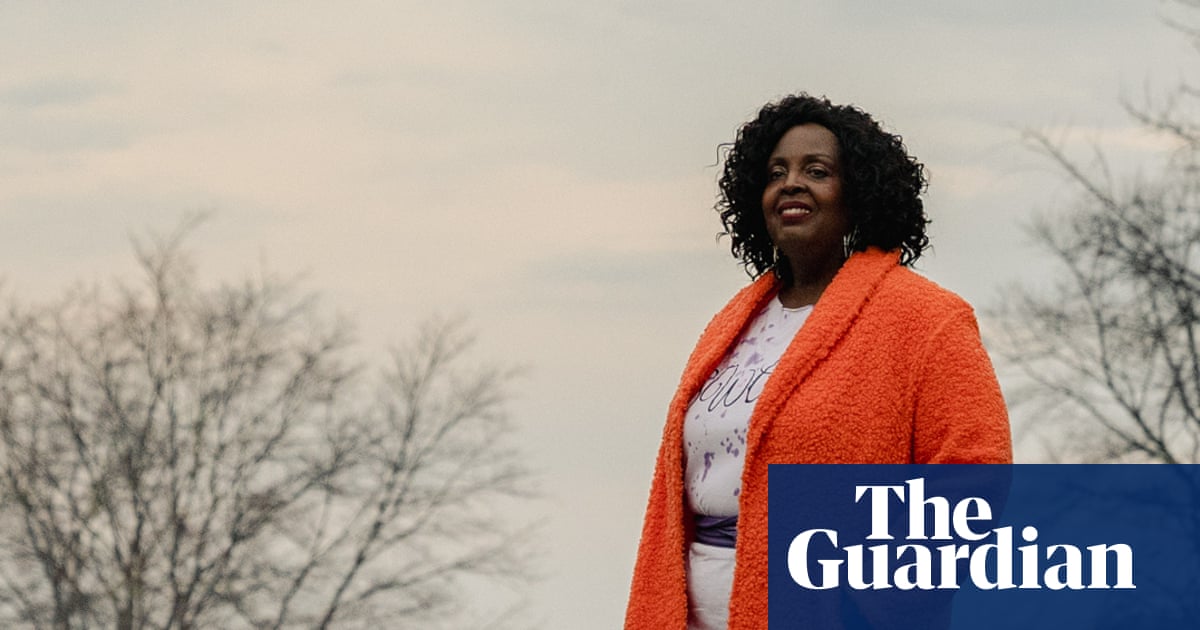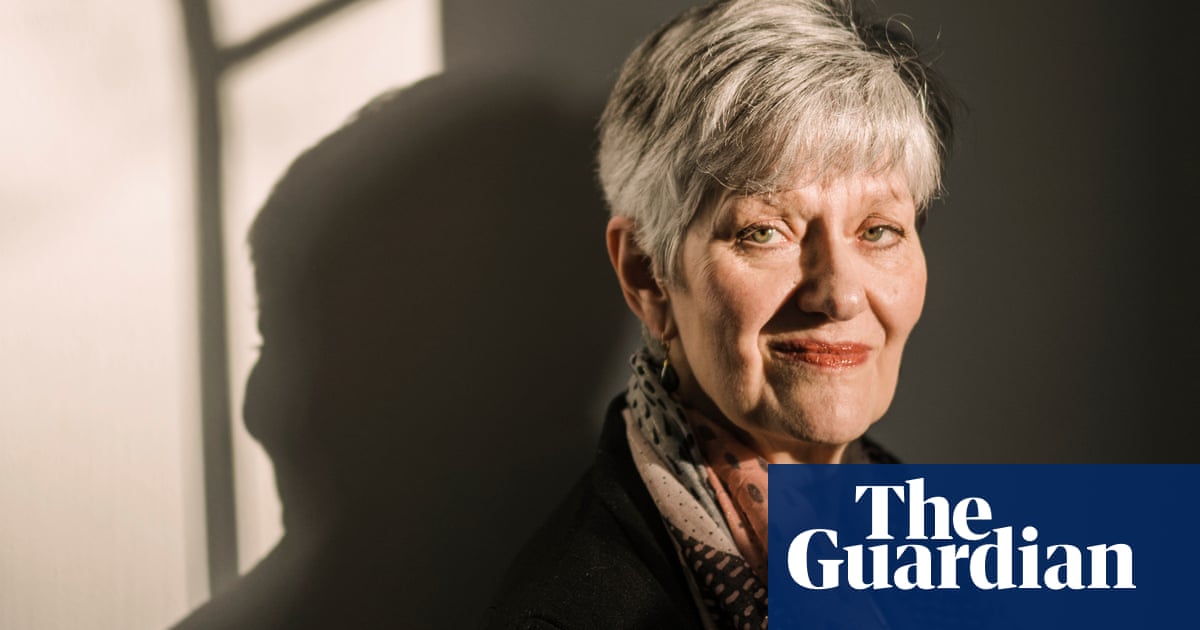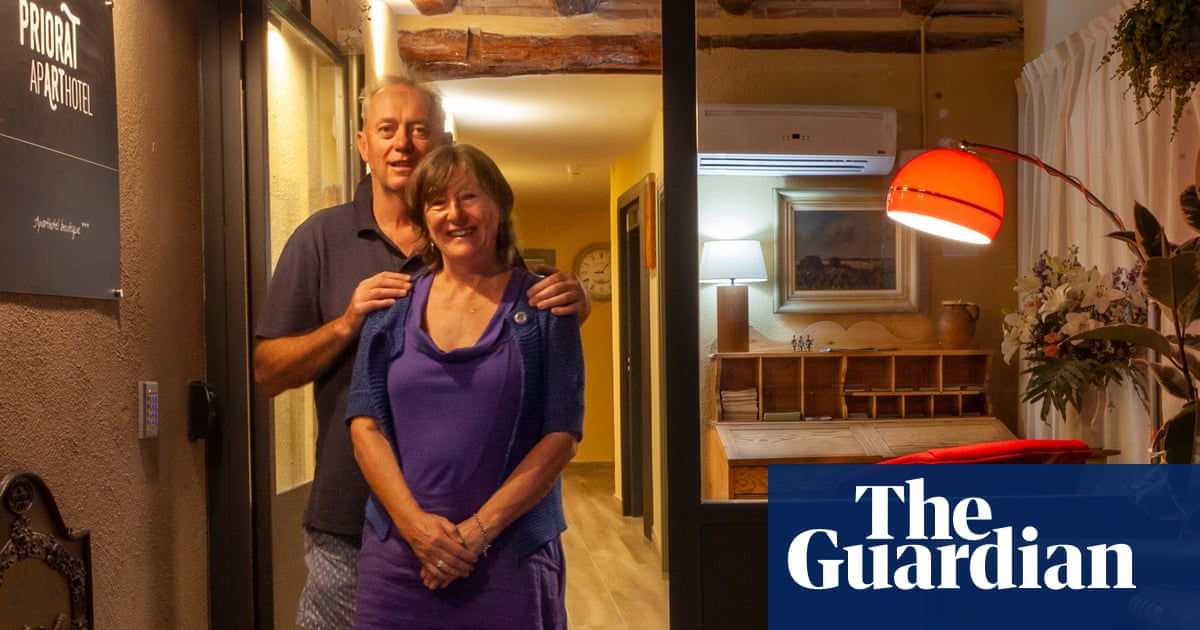
Louisa Young is a renowned novelist and memoirist. But after her fiance, the composer and pianist Robert Lockhart, died at 52 in 2012, writing words left so much wanting. She turned to song, recorded an album and then, two years ago, at 60, gave her first live performance.
The gig was in a room beneath the clock tower at St Pancras station in London – “very high gothic and full of clock apparatus”. The guitarist Alex Mackenzie accompanied her; together (under the name Birds of Britain), they had put her words into an album, You Left Early – the same title as her memoir about life with Lockhart. The audience included a former boss, an ex-boyfriend and her singing teacher.
“I had my lyrics on a piece of paper. My arm was shaking; the paper was flapping. I held on to the piano. And I pretended that I was a different me. I pretended that I was a me who had been doing this for ever.
“Your whole body feels transformed. And then this noise comes out. You think: ‘I can do that? Woah!’ Singing is physical, it’s mental, it’s emotional; it’s spiritual, if you’re that way inclined. It really uses all of you. And you are the instrument.”
Music and singing have run right through Young’s life. She is one of six children and, on family trips, the car shook with song.
When she wanted “lovely, calm, quiet time” with her father – the writer and politician Wayland Young – she would catch him at the grand piano. “It was a good time to go, if you just needed to lean on his jumper or something.” Sometimes she sat under the piano while he played. “I liked the physicality of it. A grand piano is such a magical beast.”
We are sitting at Young’s kitchen table in west London. As she says this, she looks to the neighbouring room, which is filled by a grand piano that belonged to Lockhart. Although she says she plays the piano “unbelievably badly”, she uses it to write her songs. “So it’s like a living thing for me.”
When Lockhart was diagnosed with cancer, he bought Young singing lessons “to cheer me up”. After he died, she used some of the money he left her to make the album. She knows many musicians and asked them for advice. “But you take one look at the music industry and run away screaming. Especially for women. And certainly for people of age. So I thought: ‘All right, I’ll forget about that. I’ll just do it and see where it takes me.’”
Is it hard to divide her creative self between song and fiction? “I kind of don’t,” she says. “A phrase will come” and she will know immediately whether it belongs on the page or in song.
Songwriting and singing have changed her as a fiction writer. “I’m always looking out for musicality in language in a way that I was not so open to before,” she says. Her latest novel, Twelve Months and a Day, builds character partly through song. “I will carry on making music and I will carry on entwining it with my writing,” she says.
All of this would have been impossible without those singing lessons – and unlikely when she was younger. “I don’t think I would have dared to open my mouth and actually make a noise. I think I would have written the songs and sung them very quietly to myself and thought: ‘What a pity that I can’t do anything else for them.’”
Singing is “the life that got away. I’ve always got this idea of: ‘What would my life have been like if I had decided to try to do that?’ That whole Sliding Doors thing. But I never had the confidence.”
She has found it now. “I realised: if I just stand up and sing, that gives permission to everybody else. So what if I make a fool of myself? Other people might make fools of themselves, too, and through that you have more fun, you create more stuff, you bond with people. It’s human and warm.”
Louisa Young’s Twelve Months and a Day is published on 9 June (Borough Press, £14.99). To support the Guardian and the Observer, order your copy at guardianbookshop.com. Delivery charges may apply.




